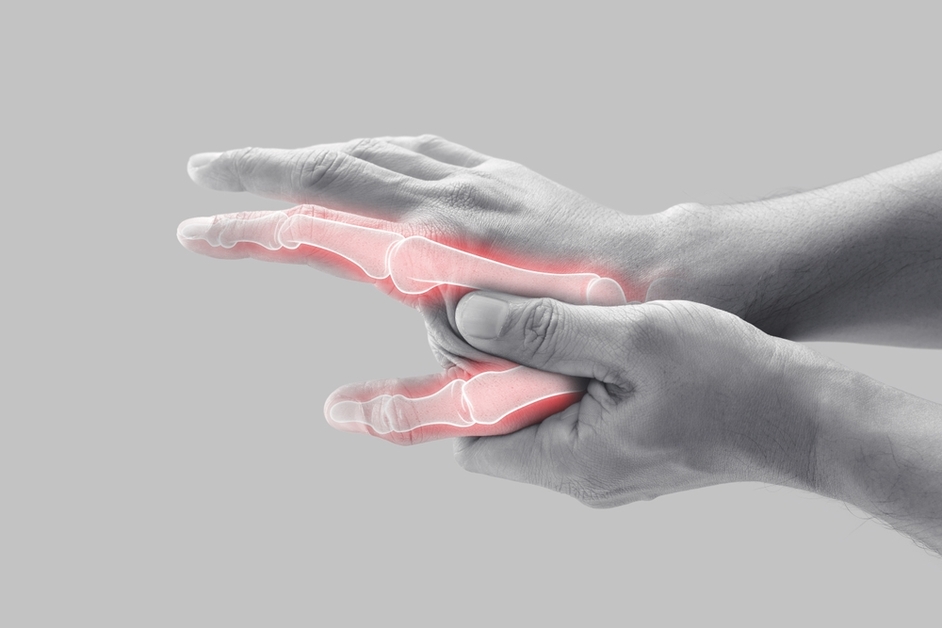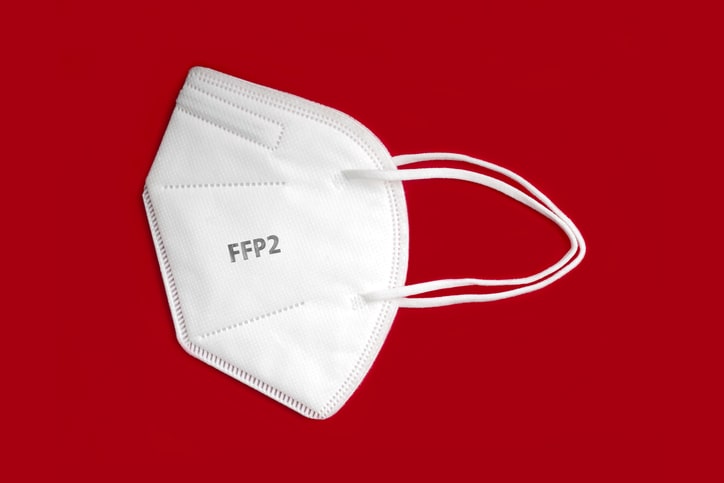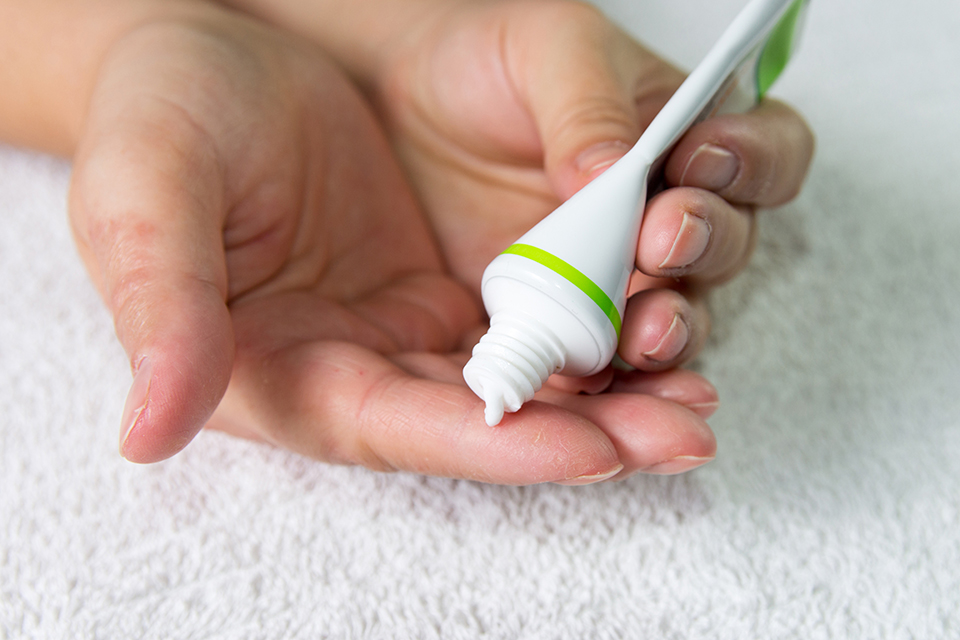
Patients with chronic kidney disease (CKD) who develop metabolic acidosis are commonly treated with alkali to improve bone health. Kalani L. Raphael, MD, and colleagues performed a post hoc analysis of data from the BASE (Bicarbonate Administration to Stabilize eGFR) pilot trial (ClinicalTrials.gov, NCT02521181) to examine whether sodium bicarbonate affects serum levels of bone turnover markers and other hormones related to bone health in patients with CKD who have normal to slightly reduced total CO2 (20-28 mEq/L).
The BASE trial included 194 individuals with CKD and serum total CO2 20-28 mEq/L who were randomly assigned to placebo or one of two doses of sodium bicarbonate (0.5 or 0.8 mEq/kg lean body weight per day) for 28 weeks. At baseline, week 12, and week 28, serum measurements of bone-specific alkaline phosphatase (B-SAP), c-telopeptide, procollagen type 1 intact N-terminal propeptide, intact parathyroid hormone (iPTH), intact fibroblast growth hormone 23 (FGF23), soluble klotho, 25-hydroxyvitamin D, 1,25-dihydroxyvitamin D, and tartrate-resistant acid phosphatase 5b were measured. Linear mixed models were used to determine the difference (sodium bicarbonate vs placebo) in mean change of each bone biomarker from baseline.
The post hoc analyses included data from 168 trial participants. At baseline, mean estimated glomerular filtration rate was 37 mL/min/1.73 m2 and mean total CO2 was 24 mEq/L. Compared with placebo, sodium bicarbonate induced a dose-dependent increase in soluble klotho levels. There was no significant effect of treatment with either dose of sodium bicarbonate on the other bone biomarkers, including iFGF23, iPTH, and B-SAP. The effects on bone biomarkers were similar in the group with serum total CO2 <24 mEq/L and those with total CO2 ≥24 mEq/L.
“In this pilot trial of individuals with CKD and total CO2 20-28 mEq/L, sodium bicarbonate treatment increased serum klotho levels but did not affect other bone health markers over 28 weeks,” the authors said.







 © 2025 Mashup Media, LLC, a Formedics Property. All Rights Reserved.
© 2025 Mashup Media, LLC, a Formedics Property. All Rights Reserved.